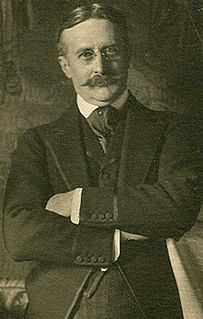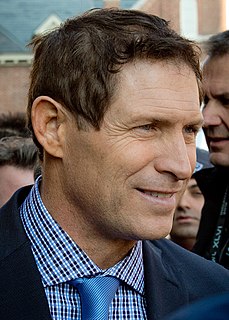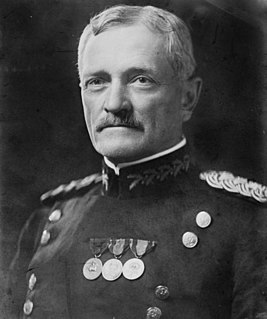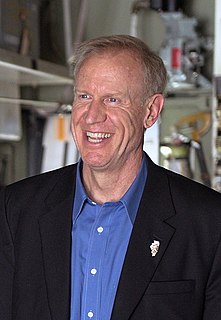A Quote by Goparaju Ramachandra Rao
Who takes the blame: the leader who talks of poverty but lives in luxury, or the poor who choose a leader of that type?
Related Quotes
The boss drives people; the leader coaches them. The boss depends on authority; the leader on good will. The boss inspires fear; the leader inspires enthusiasm. The boss says I; The leader says WE. The boss fixes the blame for the breakdown; the leader fixes the breakdown. The boss says, GO; the leader says Lets GO!
The manager administers; the leader innovates. The manager has a short-range view; the leader has a long-range perspective. The manager asks how and when; the leader asks what and why. The manager has his eye on the bottom line; the leader has his eye on the horizon. The manager accepts the status quo; the leader challenges it.
Since the team understands that the leader is de facto in charge, in that respect, a leader has nothing to prove. But in another respect, a leader has everything to prove: Every member of the team must develop the trust and confidence that their leader will exercise good judgment, remain calm, and make the right decisions when it matters most.





































